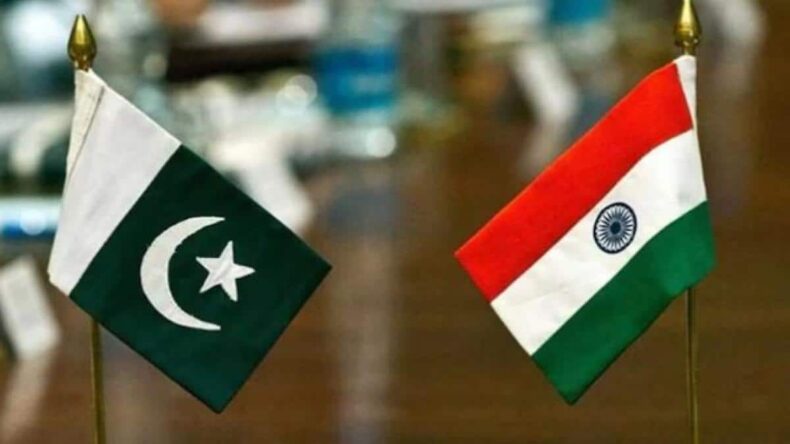On January 25, 2024, India issued a notice to Pakistan regarding the modification of the Indus Waters Treaty (IWT). This treaty was signed in September 1960. It was followed by Islamabad’s “relentlessness” in the implementation of this treaty.
Table of Contents
The notice was sent to Islamabad, Pakistan, through the respective Commissioners for Indus Waters, according to the requirements of the treaty. The action was brought about because Pakistan has denied discussing and resolving the matter of India’s Kishenganga (330 megawatts) and Ratle (850 megawatts) hydroelectric projects during the five meet-ups of the Permanent Indus Commission from 2017 to 2022, regardless of India’s continuous efforts.
What is the Indus Water Treaty all about?
The Indus Waters Treaty was signed by then Prime Minister Jawaharlal Nehru and then Pakistan President Ayub Khan in Karachi. This treaty gives India control over the waters of three of the “eastern rivers” (Beas, Satluj, and Ravi), while Pakistan has control over the “western rivers” (Jhelum, Chenab, and Indus).
India and Pakistan signed this treaty after nine years of negotiation and the World Bank became the signatory body of the pact. It lays out a system for cooperation and information exchange between the two countries concerning their use of the rivers, known as the Permanent Indus Commission.
It includes a commissioner from both countries ( India and Pakistan) and also sets out a process for resolving so-called ‘questions’, ‘differences’, and ‘disputes’ that may emerge between the parties.
The commission has endured three Indian-Pakistan wars and provides an ongoing procedure for conflict resolution and consultation through visits, inspection, and exchange of data and information. The commission is required to meet at least once a year to discuss probable disputes as well as cooperative arrangements for the growth and development of the Indus river system.
Indus Water Treaty meetings held over the years
In 2015, Pakistan sought a neutral specialist to inspect its technical objections to India’s Kishenganga and Ratle Hydro Electric Projects. However, the next year Pakistan withdrew the request unilaterally and recommended that a Court of Arbitration pass a judgment on its objections.
The World Bank acknowledged this issue in 2016 and brought a conclusion to “pause” the commencement of two parallel processes and request India and Pakistan to seek a friendly and cordial way out of this issue.
Two simultaneous processes were in the transgression of the graded process of dispute settlement, and India then made a separate request for the matter to be presented to a neutral specialist.
In 2021, both countries held a meeting to find a way out of this tense situation. It was a two-day meeting held in the national capital, New Delhi. In this meeting, India insisted on its right to build these projects and claimed that their design is entirely in accordance with the rules and regulations of the treaty.
According to local reports, after all these inconclusive meetings, the World Bank has initiated actions on the neutral specialists and Court of Arbitration processes demanded by both the countries (India and Pakistan).
Since no provision under IWT covers two parallel processes of the same issue, India is forced to issue the notice of the modification. India is demanding modifications to the IWT to make it simpler for Pakistan to enter into interstate conferences and discussions within 90 days. This is done so that Pakistan eliminates the “material breach” of the Indus Water Treaty (1960).
This notice of modification also proposes a reform in the IWT to incorporate the lessons learned over the last 62 years of partnership.













